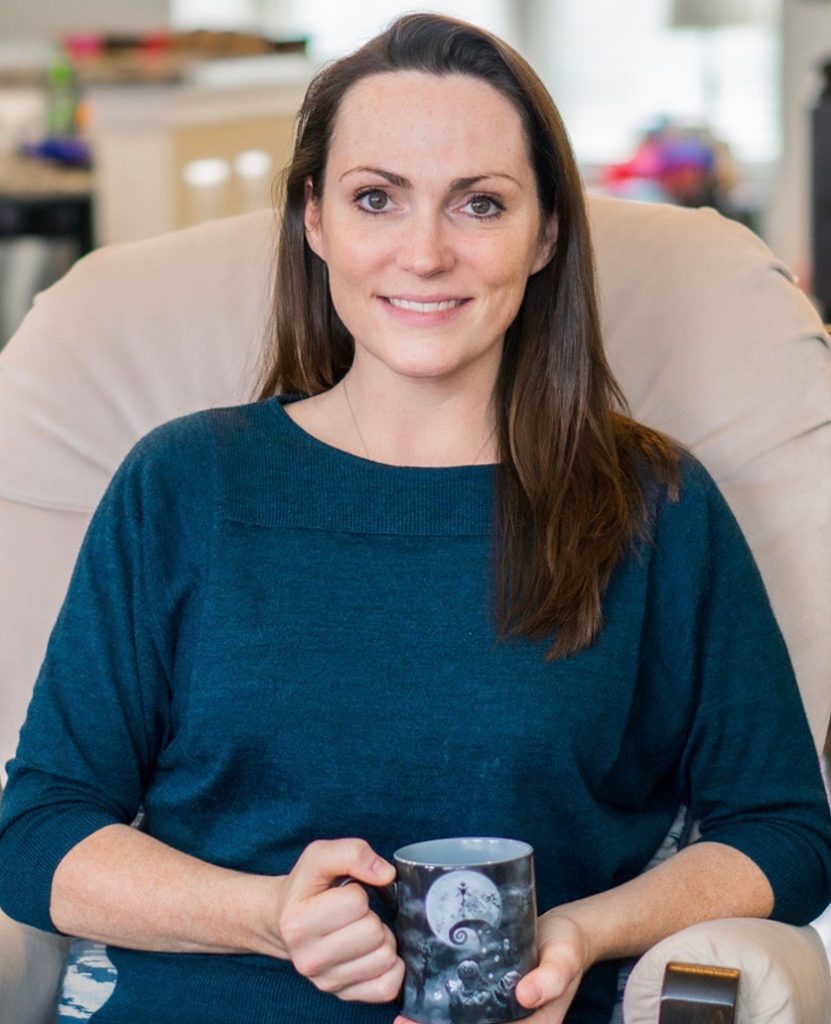The field of eating disorders, or nutrition in general, can be very overwhelming (as I’m sure a lot of people will say that about their own field). First of all, nutrition is constantly changing- there’s always new research out there and one person’s body can respond differently to one diet than the next person. Twenty years ago fats were considered bad, then carbs were the culprit, now it’s processed foods, dairy, meat, gluten, etc depending on who you talk to.
Second of all, in the mental health area, there are differing beliefs on approaches to treatment. When I first started working in eating disorders, we put all of our patients on “blind weights”(meaning they get weighed but do not see what the number is) as a way to take the focus of recovery away from what the scale says. But talk to providers today and they will likely say they’ve transitioned away from that- that it is better for a person in recovery to see their weight change so that it can be part of the discussion (and so there isn’t a huge shock later if their weight happens to have gone up a lot while in treatment).
I find almost a sense of relief sometimes when I’m talking with someone who is not even closely related to the eating disorder or nutrition fields. I know that I’m not going to get questions about my philosophy on whether it’s ok to encourage weight loss to someone or do I believe that people can be Health At Every Size (HAES). I won’t be asked if I read the most recent study that came out about whatever ingredient causing cancer in labs rats…
So imagine my shock when I recently had two eyebrow-raising questions WHILE BUYING LUMBER. I had been into this lumber store probably a handful of times since Christmas. Enough that the staff were recognizing me when I came in, but not enough that they knew my name. The first conversation came last week. The lady that always ran the cash register asked “So what do you do when you’re not building things? Or is this how you make a living?” This was a completely reasonable question to ask as it was the middle of the morning on a Wednesday. No judgment. I explained my work with people with eating disorders. Her question that came next was farthest from my expectations. “So, have eating disorders always been around or is that just a current problem?” I stumbled on that one, mumbled something I remember from high school about records showing people used to eat a feast, then vomit so that they could continue eating but that I wasn’t completely sure. That was definitely not a question I had heard before. I spouted off a brief rant on today’s culture of thinness and appearance on everything from Facebook to Instagram. I could tell I lost her there so I wrapped it up and said thanks for the lumber.
Then today, the owner of the company happened to be working her spot and in his own way, started a similar conversation. “So, what do you do for work, or do you?” I again shared that I worked primarily with women in recovery from eating disorders. He responded with, “Women, huh? Why do women want to be skinny? Where do they get that from? I don’t know any men that want a skinny woman?” As I started to respond, I found myself wishing I had a tape recorder. There were people in this world that didn’t care about weight, appearance?! As he was wrapping up my transaction, he commented “You’d think we’d be past all that by now.” I told him that I couldn’t agree more and walked out.

